10 Powerful Conversation Starters to Talk to Kids about Sportsmanship
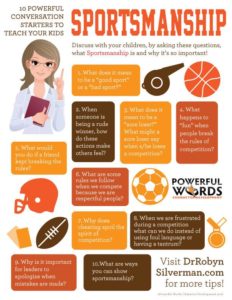 Sportsmanship, showing respect for the rules, the participants and the spirit of competition, is an important powerful word all kids (and adults) must learn when competing with others. Given that May is Sportsmanship month for Powerful Words Character Development, this is a great time to discuss sportsmanship with your children.
Sportsmanship, showing respect for the rules, the participants and the spirit of competition, is an important powerful word all kids (and adults) must learn when competing with others. Given that May is Sportsmanship month for Powerful Words Character Development, this is a great time to discuss sportsmanship with your children.
How can you start the conversation about sportsmanship with your kids? Here are 10 Conversation Starters that will allow you to teach your kids about sportsmanship– as well as learn what they think, feel and believe about good sportsmanship.
Topics may range from what a good sport or bad sport means to how we can be gracious winners and refrain from being sore losers, to specific issues of cheating, boasting and failing in competition. What are some ways that your children can show great sportsmanship? Why do we need to follow these respect-based rules anyway? How can our actions at a game impact the spirit of competition?
We have all seen terrible sportsmanship- from what we see on TV to what we see on the fields right in front of our faces. What have you seen? What actions do you think are okay and which actions do you feel need to be addressed? When we stay silent, it could look like we approve. And interestingly, your kids may have a great deal to say about what they have seen and heard– it will be great to get their perspective.
What do your kids think? Do you see good or bad sportsmanship around you– and how can your family contribute to the positive end of sportsmanship? Hopefully you are talking about this topic in classes this month with all the scripts and tips from Powerful Words on sportsmanship- we’d love to hear about it!
Feel free to share- and discuss!
Warm regards,

PS A podcast on Sportsmanship will be coming out in the next month or so. Keep a look out and subscribe– so you can be the first to know! You can look right here on the podcast page or subscribe on iTunes (or whatever podcast site you listen through) and I know- you’ll love it!

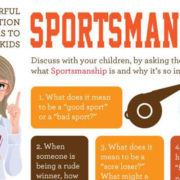
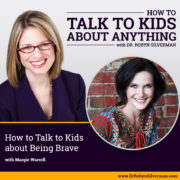
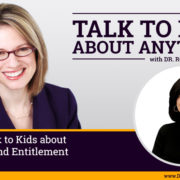
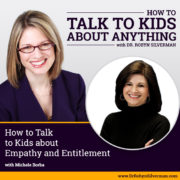

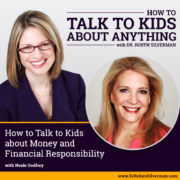


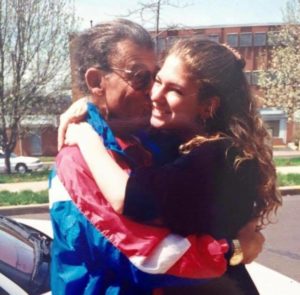 Dear sweet friend,
Dear sweet friend,